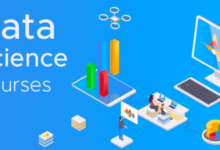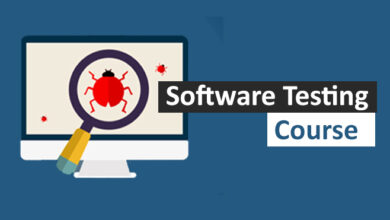
Engaging Ways to Create Better Questions for Greater Learning!
The myth says, “Knowledge is having the right answer, but intelligence is asking the right question.” The right question illustrates the importance of asking questions. The process of asking questions starts when a child starts talking and grows with age. Questioning always collects information about what we want. Asking questions and answering them is an integral part of the learning process, irrespective of educational level. But asking questions in the classroom is not everyone’s cup of tea. Students may feel anxiety and fear of asking questions in front of their friends and teachers. Students with the help of assignment helper can improve the skill and can be on the same page. These services assist students in framing the right questions so that they can ask them in the right form and get the desired knowledge. Before this, let’s understand why asking questions is so important for students:
- Productive questions improve engagement, comprehension skills, and critical thinking in students.
- Asking questions can help students understand other perspectives and engage in collaborative thinking and learning.
- Students can ask questions to monitor their own thinking and learning.
- Students can remove ambiguity or confusion about the topic by asking related questions.
- Asking questions can fuel students’ minds, and innovation can lead them to better understand the subject.
Even though students ask questions, not all questions lead to learning. Some may go wrong, or some may go baseless. So, to gear up in the classroom, students need to learn the skills of asking the right questions that will lead the entire classroom to engaged learning. Here are some kinds of questions that can be categorised as better questions that can fuel the learning process:
Table of Contents
Detailed Questions
This type of question is asked by referring to details or facts, and the solution can be found in a single sentence or text.
Question – What is the distance between the earth and the sun?
Answer – 151.06 million kilometres is the correct answer.
The answer to the detailed question is included in one sentence.
Conceptual Questions
Conceptual questions are answered by integrating two or three sentences. Answers to conceptual questions are always crafted by referring to different sources. These type of questions need to cover every aspect of the meaning of the language item. For example: You don’t have to do your homework. This question checks one aspect of the meaning, but is not enough to cover every aspect, and doesn’t address the possible (and common) confusion with mustn’t. Let’s have look at another example
Question – How can one achieve better scores in the final exam?
Students can answer this question by referring to different resources, and they can build a definitive answer by combining pieces of information.
After understanding what types of questions students can ask, here are some tips for students about building questions:
- Ask questions so that it can accelerate your learning. It is observed that conceptual questions help students learn.
- Be an active listener and pay attention to the context in which you can ask the questions. Active listening plays an important role in learning.
- Students should ask questions that require probing, evidence, and causes. This can allow other students to make both defending and supporting arguments.
“What are the reasons behind—?”. How do these pieces of evidence support—?
- When students ask questions that probe implications and consequences, This can help students to understand both sides of the questions and, thus, they can get different perspectives.
- Students may think of multiple answers to a question. To get more clarification, they can raise the questions in the classroom. Along with clarification, other students can discuss the options and finalise the best suitable answer.
According to the famous scientist Albert Einstein, questioning is the important thing that we never stop doing. Questioning always stimulates the process of learning. It stimulates brainstorming and thinking power in order to generate better and more appropriate questions. Only the right questions can serve you the purpose of sheer learning. Teachers and parents always encourage students to ask more and more questions to improve their understanding level. Let your mind ask questions so that you are open to new perspectives to gain the knowledge you further want to achieve!








